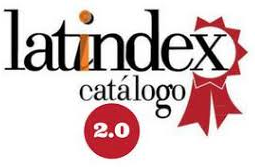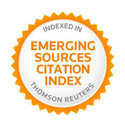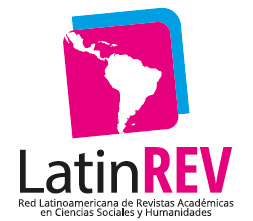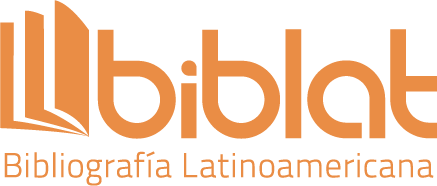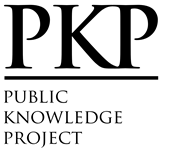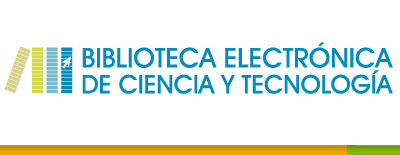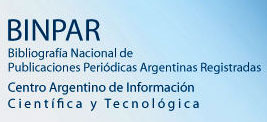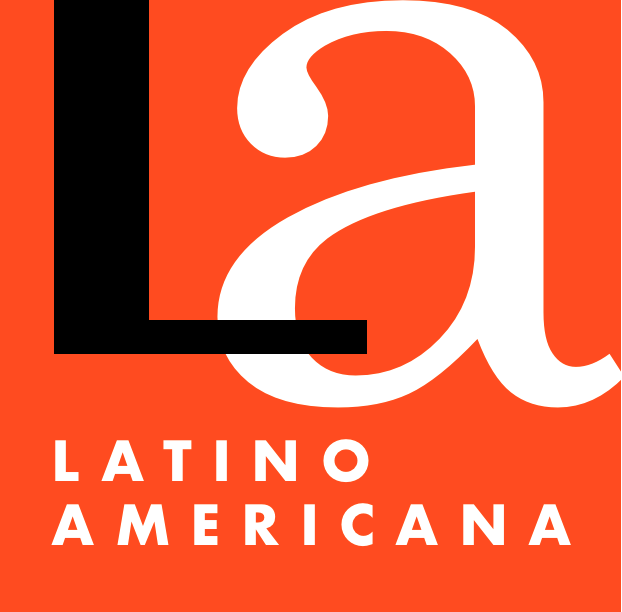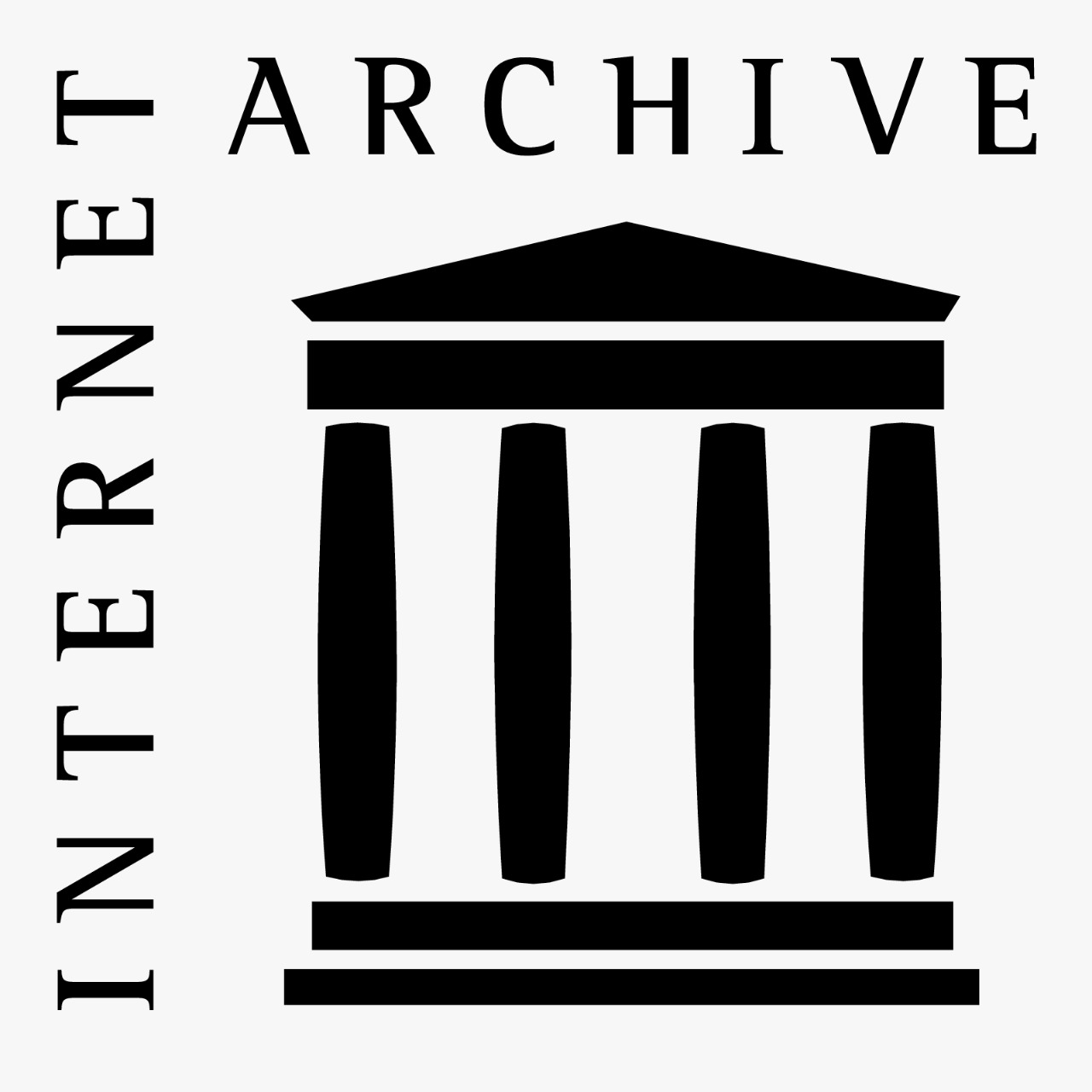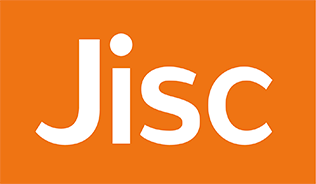Post-truth: a critique from the perspective of infocommunication
Abstract
The term “post-truth” has gained traction in the past few years, thanks to a contentious technological context, the spread of fake news, and the distortion of truth on the internet. The concept gained notoriety in 2016, when Oxford Dictionaries chose it as their word of the year, referring to “post-truth” as an adjective “relating to or denoting circumstances in which objective facts are less influential in shaping public opinion than appeals to emotion and personal belief.” However, this phenomenon is nothing new, a fact that led us to a more complex problem with “post-truth.” This article carries out a bibliographic revision of Edgar Morin’s concept of complexity and the principles of the technological paradigm outlined by Castells. We open a dialogue between these two perspectives in order to debate about “post-truth” from the epistemological perspective of infocommunication. Throughout this essay, we reflect on how “post-truth” cannot be applied to science and, thus, to investigations in the field of infocommunication.
Downloads
References
Barros, J. C. D. A. (2011). Subjetividade e relativismo na história. TEL Tempo, Espaço e Linguagem, 7-19.
Bauman, Z. (1997) Modernidade Líquida. Rio de Janeiro: Jorge Zahar Editora.
Brahms, Y. (2020). Philosophy of post-truth. Institute for National Security Studies (INSS).
Cabral, U. (2018). Fact-Checking e Democracia: A cartada Truco nas eleições presidenciais no Brasil. (Dissertação de mestrado não publicada). Universidade Federal da Paraíba, Brasil.
Castells, M. (1999) A sociedade em Rede. São Paulo: Paz e Terra.
Costa Santos, P. L. V. A., e Vidotti, S. A. B. G. (2009). Perspectivismo e tecnologias de informação e comunicação: acréscimos à Ciência da Informação. DataGramaZero: revista de Ciência da Informação, 10(3).
D’Ancona, M. (2018). Pós-verdade: a nova guerra contra os fatos em tempos de fake news. Faro Editorial.
Word of the year 2016 (2016). Oxford Languages. Disponível em: https://languages.oup.com/word-of-the-year/2016/
Estrada, A. A. (2009). Os fundamentos da teoria da complexidade em Edgar Morin. Akrópolis, Umuarama, 17(2), 85-90.
Floridi, L. (2010). Information: A very short introduction. OUP Oxford.
Habowski, A. C., Conte, E., e Milbradt, C. (2020). A pós-verdade é verdadeira ou falsa? ETD-Educação Temática Digital, 22(2), 492-497.
Heawood, J. (2018). Pseudo-public political speech: Democratic implications of the Cambridge Analytica scandal. Information polity, 23(4), 429-434.
Loureiro, C. F. B., e Viégas, A. (2012). Algumas considerações sobre as influências do marxismo na teoria da complexidade de Edgar Morin: aportes para a pesquisa em educação ambiental. Ambiente e Educação, 17(2), 13-24.
Marineli, F. (2020). O terraplanismo e o apelo à experiência pessoal como critério epistemológico. Caderno Brasileiro de Ensino de Física, 37(3), 1173-1192.
Maffesoli, M. (2003). A comunicação sem fim (teoria pós-moderna da comunicação. Revista Famecos, 10(20), 13-20.
Morin, E. (2003). A comunicação pelo meio (teoria complexa da comunicação). Revista Famecos, 10(20), 7-12.
Morin, E., e Lisboa, E. (2005). Introdução ao pensamento complexo (Vol. 3). Porto Alegre: Sulina.
Morin, E. (2008). O método 1: a natureza da natureza. Sulina.
Mariotti, H. (2000). Pensamento Complexo: suas aplicações à liderança, à Aprendizagem e ao Desenvolvimento Sustentável. Editora Atlas.
Passarelli, B., Silva, A. M. D., e Ramos, F. (2014). E-infocomunicação: estratégias e aplicações.
Pombo, O. (2005). Interdisciplinaridade e integração dos saberes. Liinc Em Revista, 1(1), 315.
Roza, R. H. (2018). Ciência da informação, tecnologia e sociedade. Biblos, 32(2), 177-190.
Sales, M. R. O. N. (2001). Do mito da tecnologia ao paradigma tecnológico; a mediação tecnológica nas práticas didático-pedagógicas. Revista Brasileira de Educação, (18), 101-107.
Santos, H. (2014). Complexidade e informacionalismo: as contribuições de Edgar Morin e Manuel Castells. e-Infocomunicação: estratégias e aplicações. Editora Senac São Paulo.
Siebert, S., Pereira, I. V. (2020). A pós-verdade como acontecimento discursivo. Linguagem em (Dis)curso, 20, 239-249.
Santaella, L. (2018). A Pós-Verdade é Verdadeira ou Falsa? Editora Estação das Letras e Cores.
Sismondo, S. (2017). Post-truth? Social Studies of Science, 47(1), 3-6.
Vicente, F. C., e Vicente, P. C. (2018). Pós-verdade e política na era digital. Janus 2018-2019-Conjuntura internacional: a dimensão externa da segurança interna.
Copyright (c) 2022 Flavia Lopes Sales Nascimento

This work is licensed under a Creative Commons Attribution-NonCommercial-ShareAlike 4.0 International License.
The authors retain the copyright and guarantee the journal the right to be the first publication of the work. In case that a translation of the article already published in Austral Comunicación can be published in another journal, it is requested to record the original publication in the translated version.
The license used is CC BY-NC-SA, which allows sharing (copying and redistributing the material in any medium and format) and adapting (remixing, transforming and building on the material) under the following terms: attribution (acknowledge authorship) and non-commercial (the material cannot be used for commercial purposes). Update: February 1, 2022.
Austral Comunicación allows the author (s) to retain the publication rights without restrictions.








